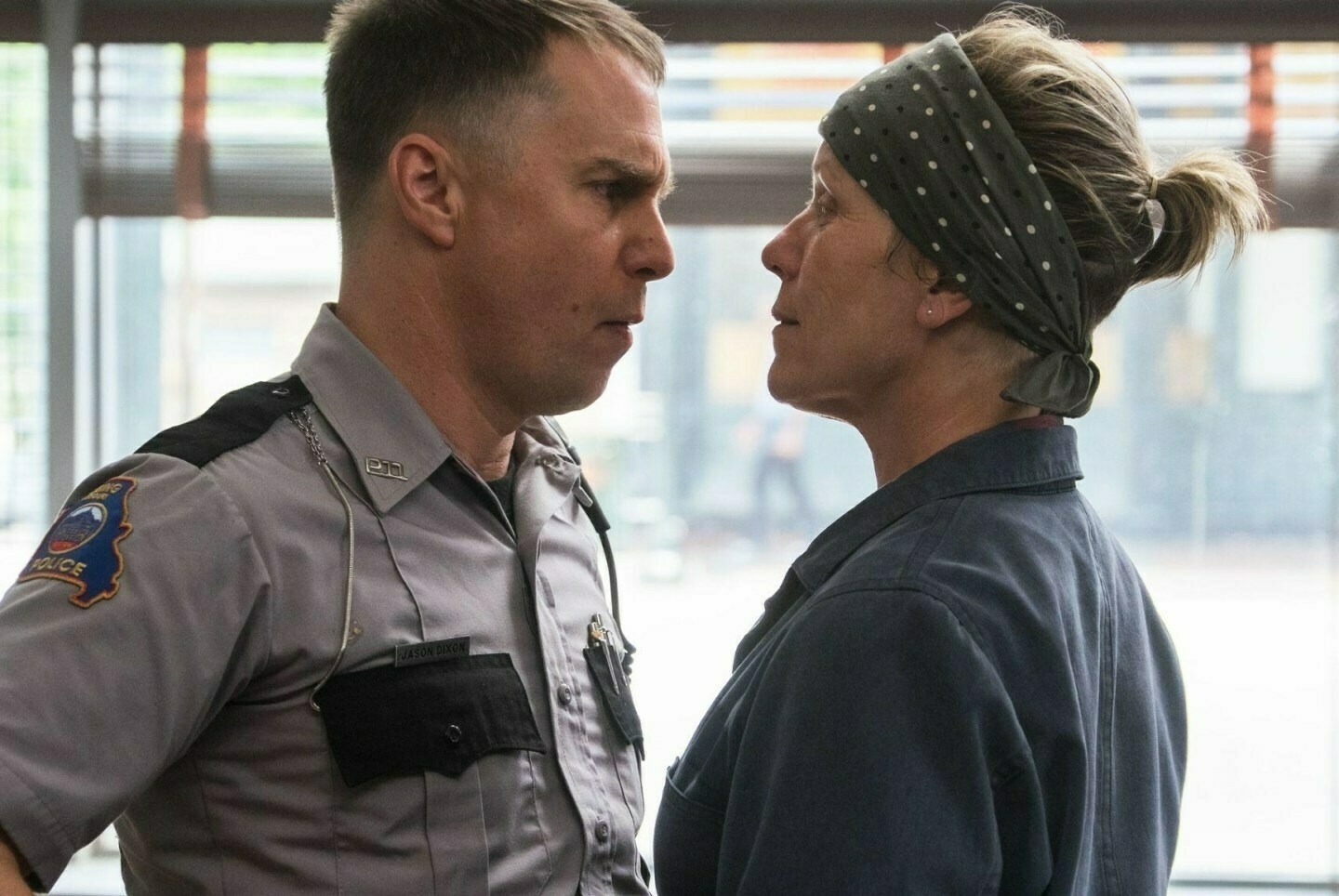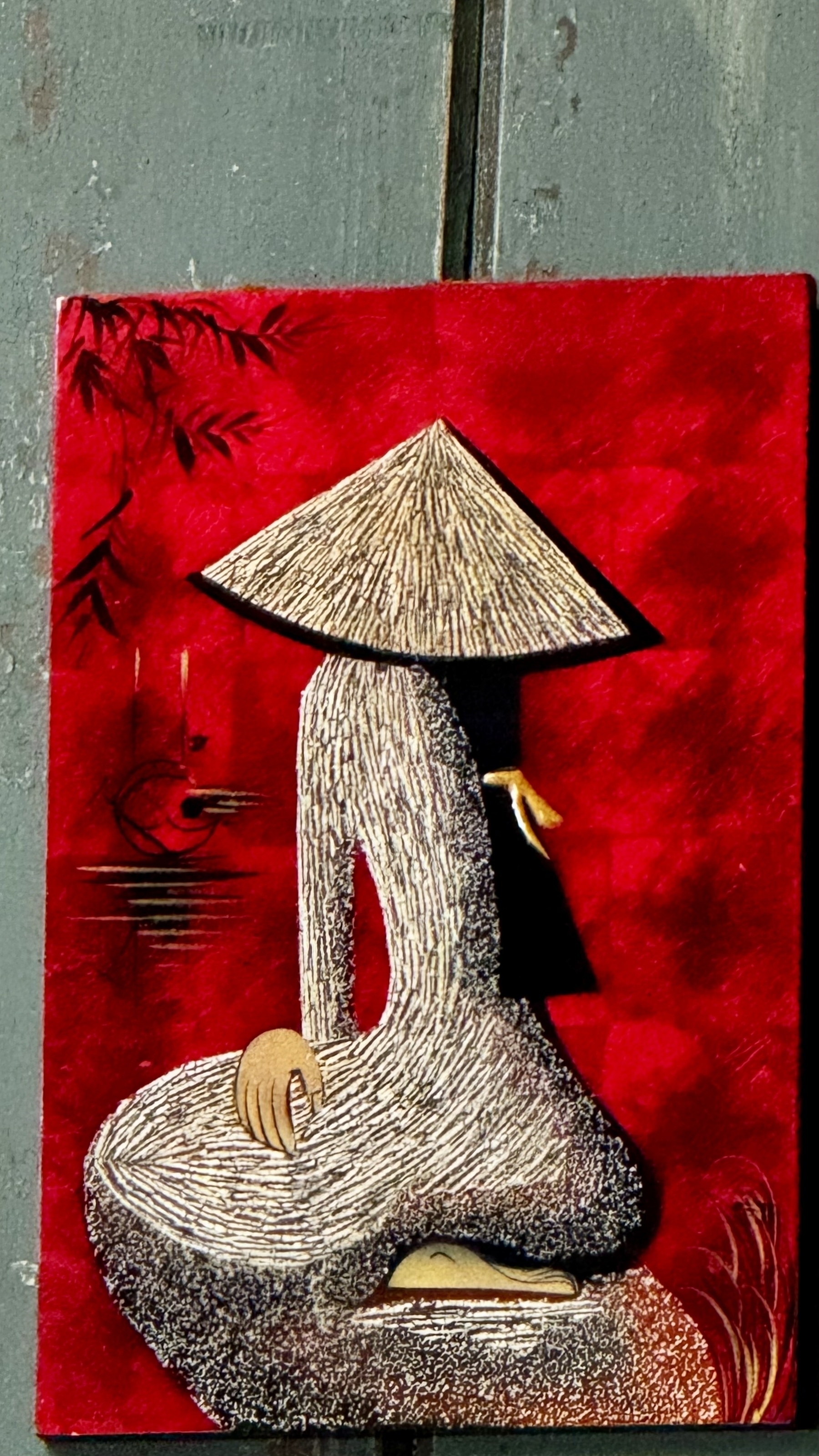Today, I am babysitting. An acquaintance unexpectedly asked me to take care of her little son while she took her exam and she would come to pick him up afterward. Little Arian and I went to a coffee shop. He is a curious boy, nine years old, and he tries to connect with everyone in the coffee shop and I’m trying to get him to eat his breakfast while we chat. He loves sugary food and drinks, and I’m trying to convince him not to have so much of it.
To my surprise, little Arian could keep up with all the conversations about school, food and culture. We even talked about Shahnameh, and to my surprise, he knew about some of the characters. I found that remarkable for a kid who was born and grew up here in the US.
While encouraging him to eat more protein, I tell him, “You know … not everything that tastes good is good for you.” The mischievous boy keeps smiling and saying “But it feels good!”
I was asking myself how could his mom trust me to take care of her little son? I think sometimes life doesn’t leave us with many choices. Then I remembered my own mom. Whenever she had to teach a class I recall Shiraz University’s large, beautiful campus vividly, with this huge glass kiosk in the middle. My mom used to take me to the kiosk, hand me a children’s magazine Keyhane Bacheha and ask the security guard to watch over me until she finished her class.
Now that I remember she used to do the same thing, but— and there is a huge condition here—it was always a specific guard she trusted. If that particular guard wasn’t there, my mom would take me to her classroom, have me sit in the back with the other students, while she lectured.
I don’t know how my mom’s intuition worked but the the experience today made me reflect and appreciate the trust.
:) I’m hoping to keep my integrity intact until I hand this mischievous boy back!

